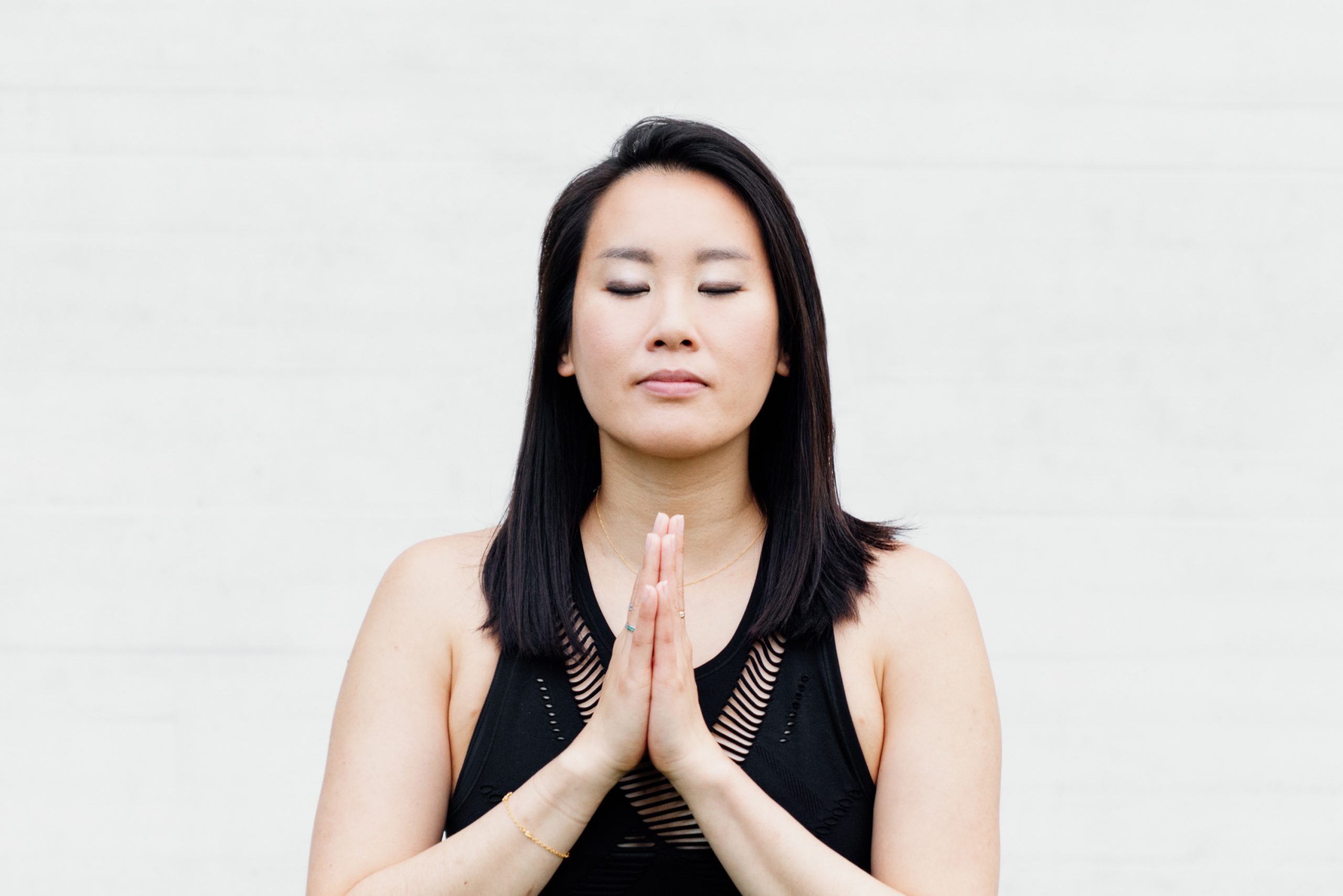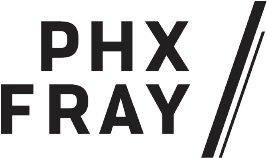The Privilege Behind Wellness

Being well doesn’t actually cost anything but as humans we like to complicate things and slap a price tag on anything and everything.
Wellness is a huge umbrella term encompassing physical, mental, emotional, social and spiritual health. For most people, when they think of wellness, they immediately think of physical fitness. This aspect of wellness is easy to commodify with a dizzying number of options to choose from.
I remember years ago when fitness clothing became fashionable and $120 yoga pants became “normal.” If you didn’t own them, you felt out of place. Design pushed practical functionality aside. The unsaid uniform of the wellness world is a Lululemon matching crop top and pants and a Sherpa jacket from ALO yoga.
When we think about privilege, we think of financial and social inequities. But it also extends into emotional and mental privilege. It shapes the way we think of ourselves and what we can create in the world. The impact is on mental health.
For a long time, I didn’t realize the importance of seeing myself within the wellness industry. Oftentimes I would be the only person of color in a sea of white women at a yoga studio or spin class. I didn’t think much about it. It was normal.
But something happens at a deeper level when you don’t see yourself in the spaces where you hope or aspire to grow. When it comes to fitness, there are very few Asian American women teaching classes. It’s like spotting a unicorn. And when we talk about the other pillars of wellness, the numbers are even lower.
As I built my spiritual business, the more I began to recognize the crazy amount of appropriation that was happening. So many wellness modalities come from Asian culture, but no one was really honoring the origin of these tools. It was and continues to be white, blonde women selling back to us the things that many of them made fun of us for when we were younger.
But in the last few years, I’ve seen and felt a shift. People recognize the need for diversity and feel compelled to be the ones to start the wave of change.
And while we have made incredible strides, within the space these last few years there is still much to be done.
“Five years ago, we were still talking about marginalized BIPOC and LGBTQIA+ people having a seat at the table — which offered opportunities to a select few but also led to lots of tokenism and mistreatment of those few under the delusions of supremacy. Since that time, more nuanced conversations around ableism, colorism, fat shaming and transphobia have really picked up.
Now more than ever, we are challenging everyone to explore how systems of oppression harm us all, how can we work together to dismantle systems of oppression and reimagine wellness equity in the future,” says Tara Purnell, Co-Founder of Blind Seed and Director of Wellness at Eaton DC.
As we see the typical profile of a wellness expert expand and encompass something more than what we’ve seen for many years, it makes people feel more comfortable exploring what wellness means to them. It shifts away from “wellness is for a specific subset of people” toward “wellness is for me.”
The more voices we have within wellness, the more we will be able to reach more people. Ultimately wellness is a healing journey. And when you hear someone share a story that you can relate to, you can start feeling seen. When you see yourself reflected in the industry, you feel empowered and recognized. You begin to build that emotional and metal safety net.
Ask Alice is a column by Alice Hu of Woo Woo Company. Get all your spirituality and woo-woo questions answered. Or ask any question to get a spiritual answer back. Alice Hu is the founder of Woo Woo Company, a guide to all things woo, spiritual, and holistic health. Connect with her via 202-918-3414 (to join in on abundance meditation challenges), “Into the Woo” podcast, or [email protected]. Alice works with clients 1:1 to help them discover their purpose and navigate their Saturn Return to live a life beyond their wildest dreams. She also offers Career Clarity Readings.

